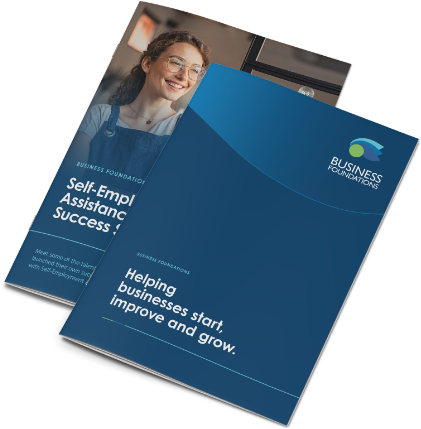How To Get Started On Your Climate Reporting
November 3, 2023
From 1 July 2024, Australia’s largest companies will be required to start reporting against the mandatory climate reporting requirements. If you are a business in the supply chain of these companies, you should soon expect to be asked about your climate reporting and transition plan to net zero.
Many businesses are telling us that this request is already appearing in tender documents and requests for information. This will be the biggest change in doing business and reporting requirements in a generation, so it’s time to act now.
Where to start?
Just get started, knowing that your data in the first year of reporting is likely to have holes in it. Use the data you collate in the first year to identify the gaps and then create a plan to record that data in the subsequent years. There are plenty of platforms that can help you such as ClimateClever, Sumday, which integrates with the Xero accounting platform, and SME Climate Hub.
The baseline reporting will provide information for the foundation of your operational transition plan. The transition plan will be a requirement as part of the mandatory reporting. Acting on that transition plan will also be a requirement.
It needs a whole of business effort
While the ownership of the reporting of your business’s greenhouse gas (GHG) emissions may sit with your finance team, the design and implementation of your transition plan needs to involve team members from all over your business. The operational team are crucial, because they will be at the forefront of any change and your HR team will be crucial to help you manage the change with the people that work for you.
By harnessing support from people across your business means you won’t miss out on practical ideas from your team who will have to implement any changes. It will also help you to manage everybody through this change.
Be Transparent
Everyone is on this journey, and nobody will have the perfect answer on day one. Be transparent about your data and the barriers, enablers and contingencies you will rely on to make the transition. Regulators will be watching closely for businesses trying to ‘greenwash’ their reporting and will penalise them.
There will be a phased-in approach to reporting over four years, moving from limited assurance on Scope 1 and 2 emissions in Year One for the Cohort One companies, through to reasonable assurance over all climate reporting by the reporting period starting on 1 July 2030. This means businesses have time to design, build and test their reporting regime. It also means that you will have time to make sure your data is verifiable and robust.
If you would like some advice on what do next on your journey to net zero, contact us
Acknowledgement Of Country
Business Foundations acknowledges the traditional custodians throughout Western Australia and their continuing connection to the land, waters and community. We pay our respects to all members of the Aboriginal communities and their cultures; and to Elders both past and present.
Victoria
The Commons
80 Market Street,
South Melbourne VIC 3205
admin@businessfoundations.com.au
Western Australia
Wesley Central
2 Cantonment Street,
Fremantle WA 6160
admin@businessfoundations.com.au


Get In Touch
Have a question or to find out how we can help you, please get in touch.






